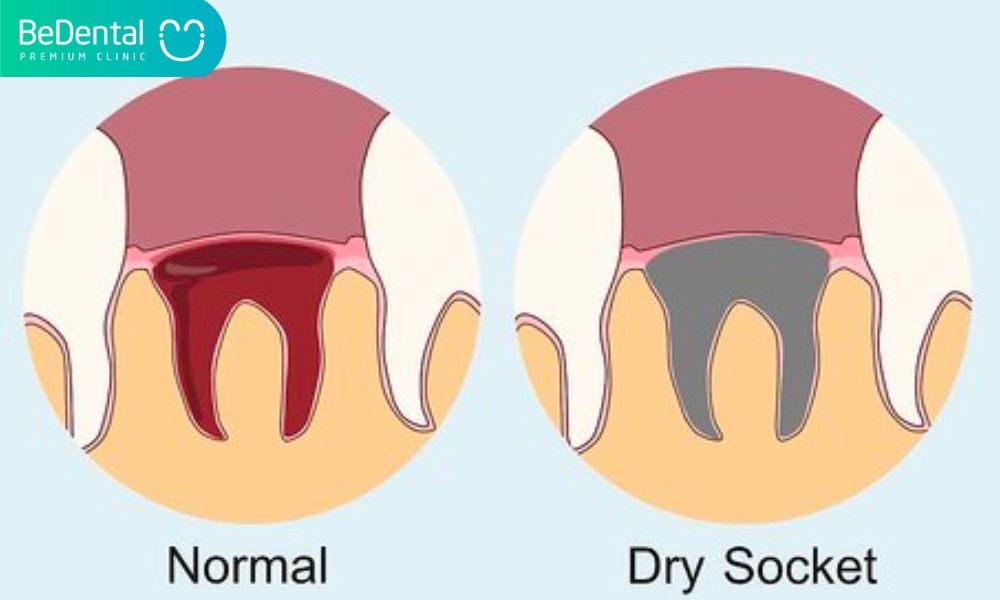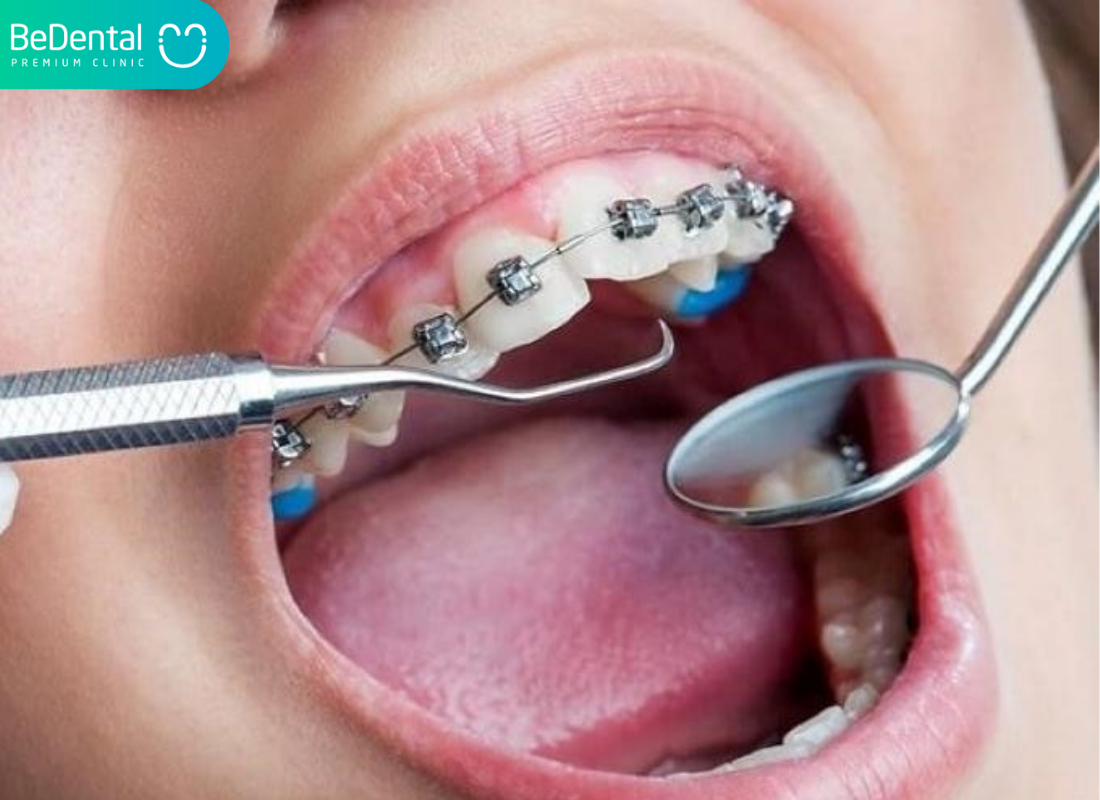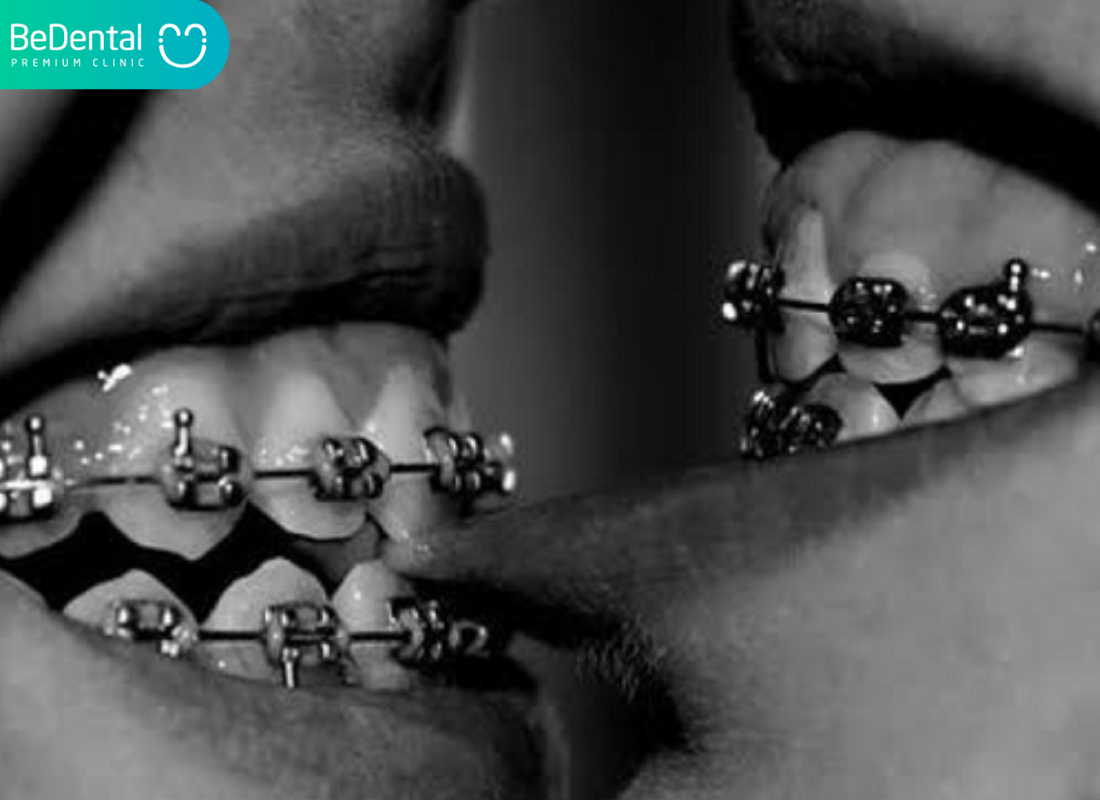Purposes of the tooth extraction
Although many adolescents and some adults have their wisdom teeth removed, there are several cases in which tooth extraction may be required. Tooth extraction is necessary due to severe tooth decay, infections, or crowding.
For those who get braces, one or two teeth may need to be removed to make more space for other teeth to be repositioned. In addition, damaged teeth may need to be removed in order to maintain oral health for patients who are receiving chemotherapy or are preparing to get an organ transplant.
A tooth extraction is a brief outpatient surgery carried out by a dentist or oral surgeon under local, general, intravenous, or a combination of anesthesia. An uncomplicated extraction is the removal of teeth that are visible. Broken, subsurface, or impacted teeth call for more serious surgery.
The price of the tooth extraction
The price of extracting a tooth depends on whether it is impacted. Simple extractions are normally 100.000 VND to 800.000 VND per tooth, although they might be more expensive depending on the type of anesthetic you need.
The cost to remove an impacted tooth might be anything from 1.500.000 VND to 5.000.000 VND. As many services are dependent on the cost of living in a certain area, your residence may also have an impact on the process’s price.
The prices for tooth extraction at BeDental are available on our page here.
Preparation for the tooth extraction
Before the procedure is planned, your dentist will take an X-ray of your tooth. Inform your dentist about any vitamins, nutritional supplements, over-the-counter drugs, herbal treatments, and all prescription and non-prescription medications you use.
Inform your dentist if you will soon be undergoing intravenous therapy for another medical issue using a drug called a bisphosphonate. If so, the extraction should be done before beginning any treatment to avoid jaw osteonecrosis (bone death).
Tell your dentist if you have any of the following problems as well:
- A congenital heart defect
- Diabetes
- Liver disease
- Thyroid disease
- Renal disease
- Hypertension
- An artificial joint
- Damaged heart valves
- Adrenal disease
- An impaired immune system
- A history of bacterial endocarditis
Before performing the tooth extraction, your dentist might want to make sure all symptoms are under check or healed. In the days before to the surgery, antibiotics could be recommended if:
- Your surgery is expected to be long
- You have an infection or a weakened immune system
- You have a specific medical condition
To assure smooth surgery on the day of the tooth extraction, it’s important to keep the following in mind:
- Wear a short-sleeved shirt or loose clothing and avoid eating or drinking for six to eight hours before your visit if you will be getting intravenous (IV) anesthetic.
- Don’t smoke before treatment.
- If you have a cold, let your dentist know since you might need to reschedule.
- If you have nausea or vomiting the night before, let your dentist know. This may call for a different anesthetic or a change in appointment time.
- Have a driver with you if you’re getting general anesthesia so they can take you home.
Tooth extraction procedure
Depending on whether your tooth is obvious or affected, your tooth extraction will either be straightforward or complicated.
- Straightforward extraction
Area surrounding your teeth will be given a local anesthetic so that you’ll only notice
You will receive a local anesthetic, which numbs the area around your tooth so you’ll feel only pressure, not pain, during the procedure. The dentist extracted the tooth with forceps after using an elevator to loosen it.

- Complicated extraction
Both intravenous and local anesthetic will likely be injected to you; the latter will likely soothe and comfort you. You could require general anesthesia, depending on your medical history and other factors. With general anesthesia, you will remain unconscious during the procedure.
The general dentist or oral surgeon will make a very little incision into your gum. Before they can extract your tooth, they might need to cut it, remove the bone around it, or both.
Risks and complications
There are certain risks involved in having a tooth extracted, but if your dentist prescribes treatment, the advantages are likely to outweigh the difficulties. If the blood clot does not form or dislodges, the bone inside the socket is likely to be exposed, a condition known as a “dry socket.”
After a tooth extraction, the hole in the bone where the tooth was taken usually produces a blood clot. However, if the blood clot does not form or dislodges, the bone inside the socket can be exposed — referred to as a “dry socket.”

If this occurs, the dentist will cover the region with a sedative dressing for a few days to protect it. A fresh clot will develop throughout this period.
Other risks include:
- bleeding for over 12 hours
- severe fever and chills, signs of being infected
- nausea or vomiting
- chest pain and breath struggle
- swelling and redness at the surgical site
If you experience any of these signs, call your dentist.
Recovery
After a tooth extraction, recovery usually takes a few days. To recover quickly, you should follow the below tips:
- Place an ice pack on your cheek to minimize swelling. Apply the ice pack for 10 minutes each time.
- Bite down to stop bleeding and promote clot formation when the dentist applies the gauze pad to the afflicted region. Keep the gauze in place for three to four hours, or until the blood has completely saturated the pad.
- All medications, including over-the-counter painkillers, should be used with a prescription.
- For the first 24 hours, take it easy and rest. The next day, don’t start your routine instantly.
- For the first 24 hours, refrain from using a straw.
- Don’t smoke.
- After the tooth extraction, do not rinse for 24 hours, and only softly spit.
- Use pillows to lift your head up when you lie down.
- Brush and floss your teeth, but avoid the extraction area.
- Eat soft meals the day following the surgery, such as yogurt, pudding, and soup.
- After 24 hours, dilute a half-teaspoon of salt to eight ounces of warm water to rinse your mouth.
- As you recover over the next few days, you can progressively add more nutrients to your diet.
Make an appointment to see your dentist as soon as possible if you have discomfort that doesn’t go away after several days or symptoms of an infection, such as fever, pain, or pus or drainage coming from the incision.
Q&A
Is having a tooth extraction pulled painful?
No, not always. If you are using nitrous oxide, the extraction may hurt, but it shouldn’t be too seriously painful. You will require stronger medicines, such as oral sedatives or anesthetic.
What happens if you have a tooth pulled and don’t replace it?
After having tooth extraction, you’ll need to replace the missing tooth or teeth. If the teeth are not replaced, the bones in your mouth might degenerate and lose density. Other teeth might also shift, which would make eating more difficult. You may replace missing teeth in a variety of ways.
How long do tooth extractions take?
You’d be surprised at how quickly this process goes. It normally takes 20 to 40 minutes to extract a tooth from start to finish, including the time it takes to apply bandages if needed. Having said that, if you need to have more than one tooth extracted, the surgery will take longer.
How long does tooth extraction take to heal?
Your oral surgeon will often request that you rest for at least 48 to 72 hours after the surgery so the treated site can clot. A patient ought to be able to restart regular physical exercise after that. In most cases, the soft tissue will recover completely in 3 to 4 weeks.
When is the most pain after a tooth extraction?
You could have pain and discomfort for three to seven days after having a tooth removed, especially if it was a molar. Schedule a visit to the dentist if after five days you are still experiencing severe pain.
How do you sleep after a tooth extraction?

The tooth extraction site may bleed during the first phases of recovery. So, during the first night at least, it’s better to sleep on your side. Moreover, if you lay flat on your back, the swelling can get worse. That can make your discomfort worse and find it tougher for you to rest.
Can I drink coffee after tooth extraction?
Even while every patient heals at a somewhat different rate, five days after an extraction, the majority of patients may resume light coffee consumption. Your mouth should be mostly healed and any swelling should subside in two weeks, assuming everything goes as planned. You can then go back to drinking your normal amount of coffee.
More
Toothache and 6 common symptoms
Tooth decay and 11 risk factors
Scaling and Polishing – Deep Oral Cleaning and 5 Habits To Keep Teeth Healthy
Porcelain Veneers and 3 factors influence the price of Porcelain Veneers
In-Office Teeth Whitening and 5 Steps To A Bright Smile





Pingback: Wisdom Teeth and 4 Typical Symptoms – Be Dental
Pingback: Tooth extraction and 4 noticeable questions need to know – Be Dental